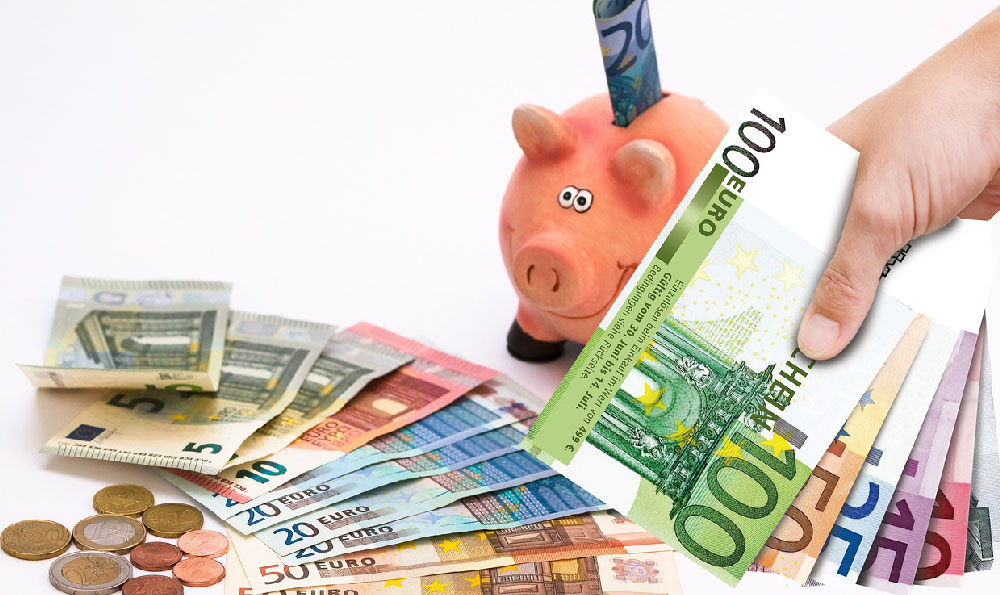Is blogging profitable? How can I monetize my blog?
Here's an article exploring the profitability of blogging and strategies for monetization:
Is blogging profitable? The short answer is a resounding yes, but with a significant caveat: profitability is rarely instant and depends heavily on dedication, strategy, and time. The allure of passive income streams often draws people to blogging, picturing themselves earning money while they sleep. While that's certainly a possible outcome, achieving it requires considerable effort upfront and a consistent, well-planned approach. It's not a 'get rich quick' scheme; it's a marathon, not a sprint.
The core of blogging profitability lies in building an audience. Think of your blog as real estate. The more foot traffic (visitors) you attract, the more valuable that real estate becomes to advertisers, sponsors, and even to you in terms of selling your own products or services. This audience building takes time and requires consistently producing high-quality, engaging content that resonates with your target demographic. You need to establish yourself as an authority, a trusted source of information and insights within your niche. This is achieved through in-depth articles, well-researched guides, compelling storytelling, and a genuine desire to help your readers.

Once you have a reasonable and engaged audience, the opportunities for monetization begin to open up. There are many ways to monetize a blog, each with its own set of pros and cons. Let's explore some of the most popular and effective methods.
Advertising: This is often the first monetization strategy that comes to mind. It involves displaying advertisements on your blog, typically through platforms like Google AdSense or Mediavine. The revenue generated is usually based on impressions (the number of times the ad is displayed) or clicks (the number of times visitors click on the ad). While advertising is a relatively straightforward way to start earning, it often provides the lowest revenue per visitor compared to other monetization methods. Over-reliance on ads can also detract from the user experience, potentially driving away readers. Finding the right balance is crucial. Consider ad placement carefully, ensuring they're not intrusive or distracting. Also, focus on high-quality advertising networks that serve relevant ads to your audience, maximizing both revenue and user satisfaction.
Affiliate Marketing: This involves partnering with businesses and promoting their products or services on your blog. You earn a commission for every sale or lead generated through your unique affiliate link. Affiliate marketing can be highly lucrative if you choose relevant products that align with your audience's interests. For example, if you blog about travel, you could become an affiliate for travel insurance companies, airlines, or hotel booking sites. Transparency is key in affiliate marketing. Always disclose your affiliate relationships to your readers. Honesty builds trust, and trust is essential for long-term success. Focus on recommending products or services that you genuinely believe in and that you think will benefit your audience. A well-written review with an affiliate link can be far more effective than simply plastering your blog with promotional banners.
Selling Digital Products: If you have expertise in a particular area, consider creating and selling your own digital products, such as ebooks, online courses, templates, or software. This method offers higher profit margins compared to advertising or affiliate marketing, as you retain a larger share of the revenue. Creating a successful digital product requires careful planning and execution. Identify a need or problem within your niche that you can solve with your product. Develop a high-quality product that delivers real value to your customers. And then, create compelling marketing materials to promote your product to your audience.
Selling Physical Products: While traditionally associated with e-commerce sites, blogs can also be used to sell physical products. This can be achieved through integrating an e-commerce platform like Shopify or WooCommerce into your blog. You can sell your own handmade crafts, merchandise related to your blog's theme, or even dropship products from other suppliers. Selling physical products requires managing inventory, shipping, and customer service, which can be more demanding than selling digital products. However, it can also be a very rewarding way to monetize your blog, especially if you have a strong brand and a loyal following.
Sponsored Content: This involves partnering with brands to create content that promotes their products or services. This can take the form of sponsored blog posts, social media updates, videos, or even email newsletters. Sponsored content can be a lucrative monetization strategy, but it's crucial to maintain your editorial integrity. Only partner with brands that align with your values and that offer products or services that you genuinely believe in. Clearly disclose that the content is sponsored to maintain transparency with your audience. And remember, the goal is to create content that is both valuable to your readers and effective for the sponsor.
Membership Programs: Offer exclusive content or benefits to paying members of your blog. This could include access to premium articles, online courses, private forums, or exclusive discounts. Membership programs can create a recurring revenue stream and foster a stronger sense of community among your most loyal readers. To create a successful membership program, you need to offer something truly valuable and unique that your audience is willing to pay for. Regularly update your membership content and actively engage with your members to keep them satisfied and coming back for more.
Consulting and Services: If you have expertise in a particular area, you can offer consulting services to your audience. This could involve providing one-on-one coaching, conducting workshops, or offering freelance services. Your blog can serve as a powerful marketing tool for your consulting services, showcasing your expertise and attracting potential clients. Clearly define your services, pricing, and target audience. Create a professional website or landing page to showcase your services and collect leads. And actively promote your consulting services through your blog and social media channels.
The key to successful blog monetization is to diversify your income streams and continuously experiment with different strategies. Don't put all your eggs in one basket. By combining advertising, affiliate marketing, selling digital products, and other methods, you can create a more stable and sustainable revenue stream.
Furthermore, continuously analyze your results. Track your website traffic, affiliate sales, and other relevant metrics to see what's working and what's not. Use this data to optimize your monetization strategies and improve your results over time. Blogging profitability is a dynamic and ever-evolving process. The most successful bloggers are those who are willing to learn, adapt, and experiment. They are constantly looking for new ways to engage their audience, create valuable content, and monetize their blogs in ethical and sustainable ways. So, while the path to profitability may not be easy, it is certainly achievable with the right approach.















